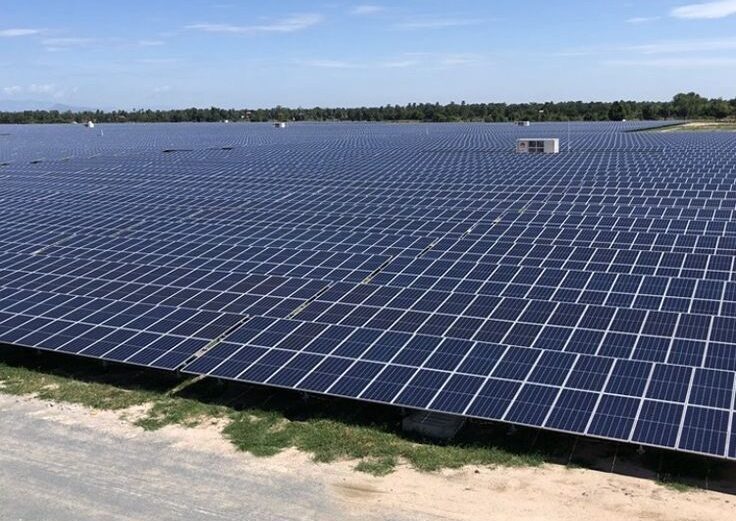
Industrial solar energy refers to the use of solar power to meet the energy demands of large-scale manufacturing, processing, and commercial operations. These systems typically involve the installation of photovoltaic (PV) solar panels or concentrated solar power (CSP) systems to generate electricity or heat, which can be used to power industrial machinery, lighting, heating, and other processes. Industrial solar installations can be grid-tied (connected to the local power grid) or off-grid (completely independent of the external power supply).

504,505 Ganesh Icon Muthia Toll Plaza, Naroda, Ahmedabad 382330